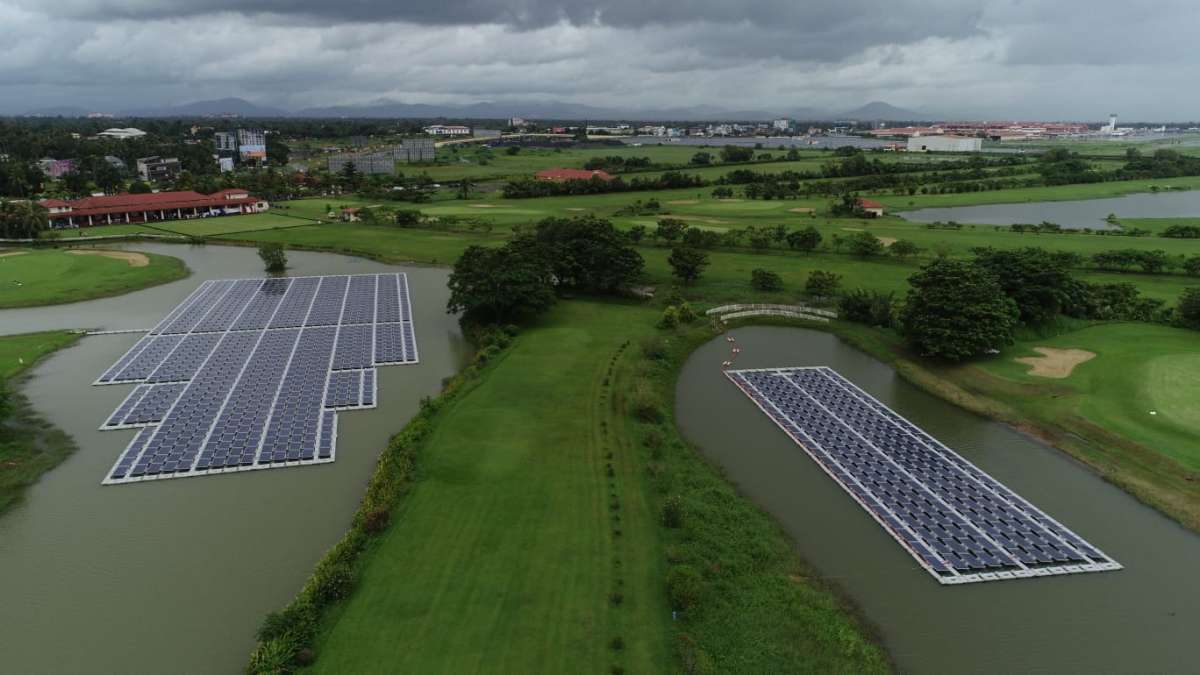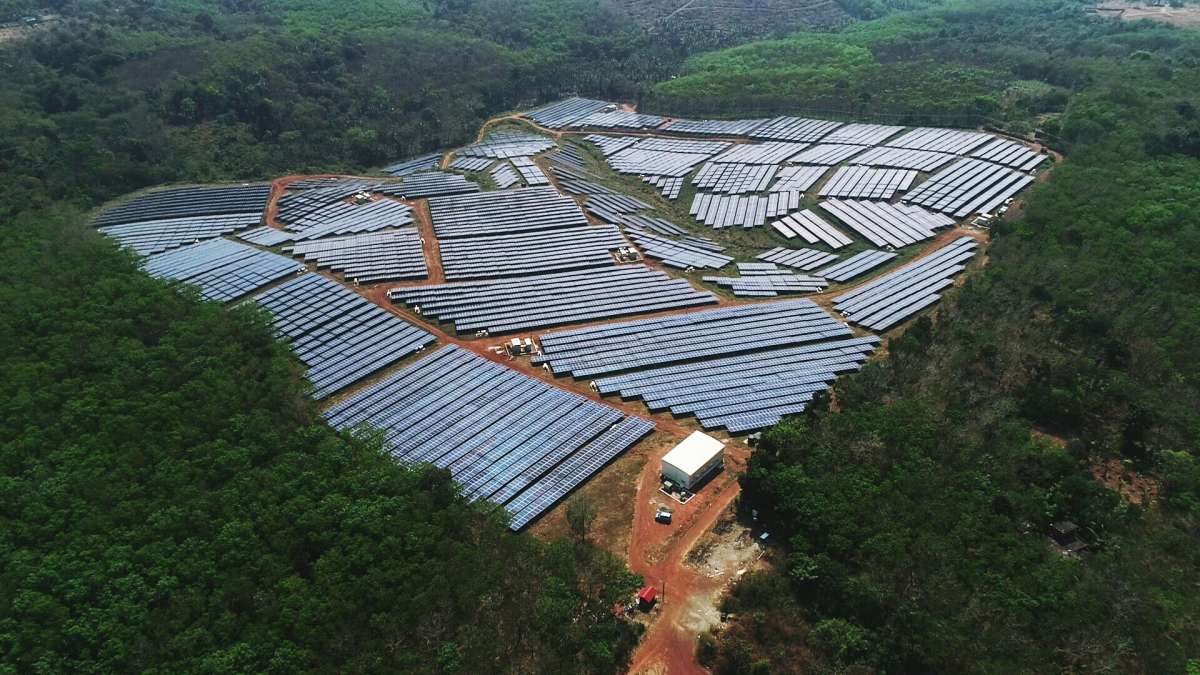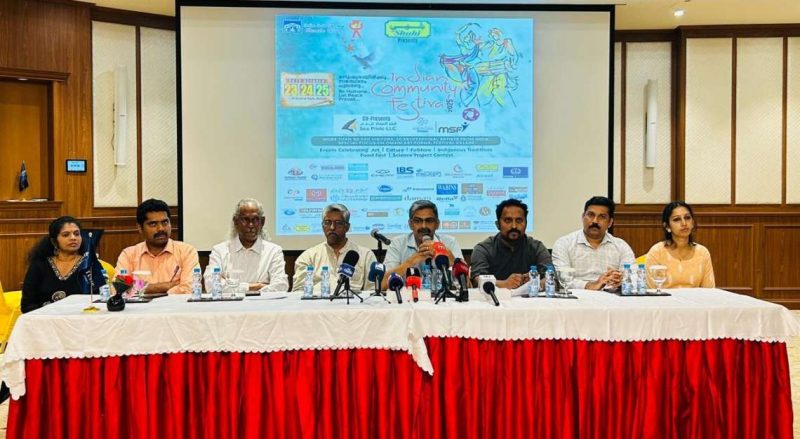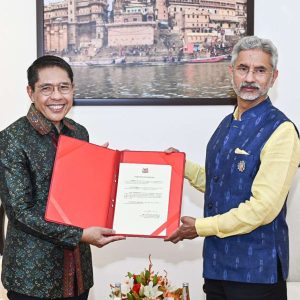The Cochin International Airport became the first ‘green airport’ in the world, for which it was awarded the Champions of Earth award 2018, United Nations’ highest environmental honour. The airport fully operates on solar power, which meets all its electricity requirements
One of the prominent challenges of the 21st century is how to make aviation sustainability a reality in the face of the industry’s high global footprints. In this modern world, transportation by air has become a necessary evil as more and more people and industries rely on it, creating a dilemma between the economy and the environment.
The aviation sector, if it were a country, would be one of the top 10 carbon-polluting nations in the world. To put that in perspective, the top 10 countries together emit more than two-thirds of all carbon emitted each year. It is also one of the highest and fastest-growing sources of individual emissions. A single international trip taken by one person emits more carbon than someone living in Paraguay for a year.
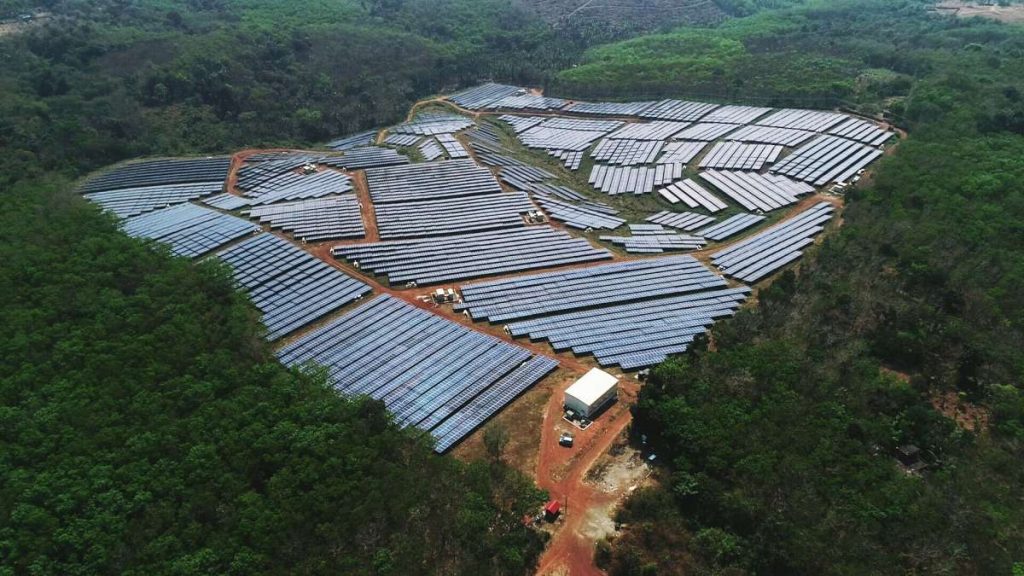
Ground operations, mainly performed at the airport form a major aspect of the sector. Airports act as the interface between landside access to airspace and airside access to the ground. Further, airports are not just transport hubs anymore, they are full-fledged industrial hubs, becoming bustling centres of businesses, hotels and other transport connectivity. It is no surprise that areas in and around airports are fast developing and expanding, now being referred to as ‘airport metropolises’. This is fast becoming a problem as the number of emissions from ground operations is researched to be as deadly, if not more as it tends to have an added and more direct impact on the local air quality. Creating sustainable airports, therefore, becomes essential to creating a more sustainable aviation sector.
A big contribution in this direction comes from India. The Cochin International Airport became the first ‘green airport’ in the world, for which it was awarded the Champions of Earth award 2018, the United Nations’ highest environmental honour. The airport fully operates on solar power, which meets all its electricity requirements. This is no small feat as the Cochin airport stands to be one of the most important airports for not just India but the rest of the world. It is the largest airport in Kerala and the seventh largest in India in terms of passenger traffic. It has one of the longest runways, measuring up to 3.4 km, equipped to handle the largest of aircraft. It is also the first ever airport in India to be developed under Public-Private Partnership.
Installing the first solar photovoltaic power station plant on the rooftop of the Arrival Terminal Block way back in 2013 turned out to be a trendsetter. Since then, it has not looked back, adding several more solar power units to maximise energy production and produce enough for all its needs. A sum total of Rs 7 crore was spent on the solar power units, which might already have been recovered from the massive saving of Rs 7-8 lakh per month on electricity bills.
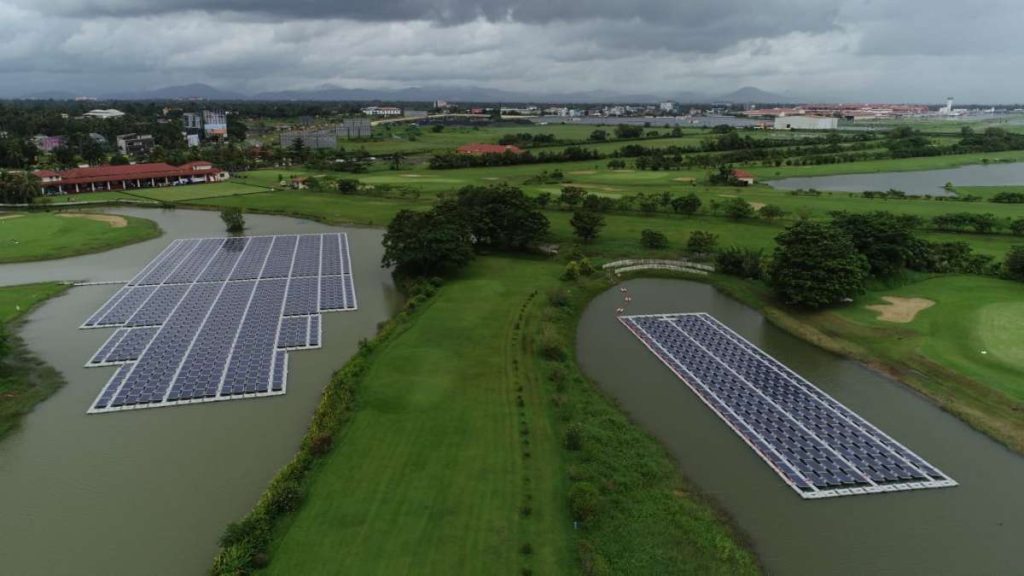
In fact, the most recent news on the Cochin International Airport Ltd (CIAL) confirmed that it has become a power surplus, having achieved power neutrality way back in 2015. This means, CIAL now has a negative carbon footprint. Rather than adding to the global carbon emission, it is making a significant contribution to off-setting emissions done elsewhere. It is also now the second-largest energy producer in the Indian state of Kerala after the State Electricity Board (KSEB). CIAL has a culture of cost-effectiveness. The entire construction of Cochin airport can be considered a marvel gave the low-cost of mere Rs 303 crore at which it was constructed. This sense of cost consciousness is probably what motivated the sustainability drive.
Becoming energy positive might be the most important of its achievements but it by no means is the only one. The airport is also engaged in scalable agro-photovoltaic activities, putting to efficient utilisation the vacant spaces between the solar panels within the CIAL solar plant, which has by far produced close to 90 metric tons of pesticide-free vegetables. This is mainly in line with the Indian government’s general push in the direction of organic and zero-budget natural farming. The solar project pioneered by managing director VJ Kurian has motivated CIAL to take up several more solar and hydropower projects in the rest of the state.
Since the success of the Cochin International Airport, the government of India has every airport in the country to produce at least 2 MW of solar energy. Despite having a large population leading to a low per capita GDP when compared to the global powers, India has engaged itself proactively in global environmental initiatives, being on track with its international commitments, and coming up with several great initiatives of its own, the International Solar Alliance being one of its major initiatives. In a world where global climate action is witnessing stagnation, India’s environmental leadership is inducing hope for a better and sustainable future.
